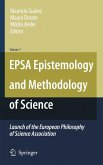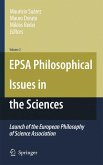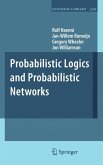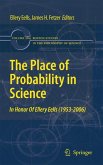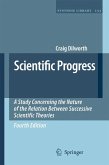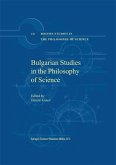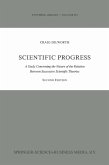The book is enriched by an essay of Maria Carla Galavotti, introducing de Finetti's philosophy of probability as well as biographical essential information. Moreover, it contains more than 180 editor's notes, aimed at helping the reader to properly appreciate de Finetti's thought and its impact on recent philosophical developments about probability.
Philosophical Lectures on Probability is addressed to a wide-ranging audience, including epistemologists, philosophers of science, social scientists, statisticians, economists, historians of mathematics and statistics and, in general, to everyone is interested in subjective Bayesianism and related philosophical problems. The technical prerequisites of the book do not exceed high school mathematics. This does not, however, prevent an elevated standard from the conceptual viewpoint.
Dieser Download kann aus rechtlichen Gründen nur mit Rechnungsadresse in A, B, BG, CY, CZ, D, DK, EW, E, FIN, F, GR, HR, H, IRL, I, LT, L, LR, M, NL, PL, P, R, S, SLO, SK ausgeliefert werden.
"The belated publication of de Finetti's lectures provides a welcome opportunity to celebrate the achievements of one of the remarkable thinkers of the last century and also to look again at his work as a whole." N.H. Bingham, Imperial College London
"The editor made an extraordinary effort to put the lectures as well as the discussions into proper context through a set of notes. These are very useful, and they often describe the future evolution of a subject which is touched on in the main text. A biographical sketch of de Finetti written by M. C. Gallavotti completes the information given in the book. ... I am grateful to the editor ... for making these lectures available in English to a broader audience." (Enrico Scalas, Mathematical Reviews, Issue 2012 f)



